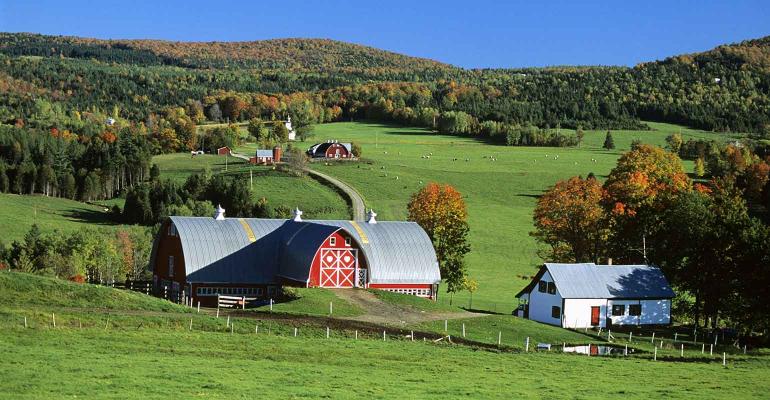For landowners who own property they no longer need or feel might not be economical to keep, top-dollar offers from developers can often feel like the most attractive option. But these quick cash-outs can be shortsighted when it comes to wealth planning and legacy building.
This is particularly the case for families who have an emotional attachment to the property or are concerned about the potential impact that development could have on the land, local ecosystems or the broader environment.
Enter land trusts—legal, nonprofit entities intended to help landowners preserve and protect their land. They can essentially be modern-day wealth planning tools, which, when structured appropriately, may yield larger profits, offer smarter long-term planning and enhanced retirement benefits all while supporting environmental sustainability or family legacy goals.
Still, most families are unaware of these tools as they are complex and require special expertise to execute. That expertise is generally not held by the financial advisors that clients are accustomed to consulting with when it comes to matters of wealth.
Take for example a New Jersey couple that bought a 1750 farmhouse on 10 acres back in 1976 because they were excited about raising four children in the country. They slowly added land and learned to farm along the way with Angus cattle, but their concern was that a developer would eventually try to purchase the adjacent open property, which they did not own at the time, build housing and put their country living and farming dreams at risk. They wondered if they should head off that risk by selling their land.
I put them in touch with Delaware & Raritan Greenway Land Trust to explore strategies to help them keep the land that they so cherished—along with the adjacent property—while making it work for them financially for the long term.
When you sell to a developer, not only do you forfeit ownership of the land and the ability to live on it, but you also risk paying higher taxes with capital gains and rollback taxes. With preservation, you can opt to sell/donate just the development rights, allowing you to maintain ownership and continue living on the land. The deed to the property will be restricted, which prevents the current and all future owners from ever building on the property.
Another client family of ours initially assumed selling their 200 acres of farmland to a developer would be the most profitable approach. But after listening to concerns from the town mayor, who wanted to preserve the land to quell population growth and avoid further straining city resources, the landowners agreed to entertain the idea of a land conservation transaction. As a result, the family not only received as much financial compensation as they would have had they sold to a developer but also benefited from tax advantages. Finally, they were able to help protect a prized piece of land in their community.
Understanding a client’s short- and long-term financial needs is important when it comes to wealth planning. But understanding what a client truly holds dear is critical in order to take a thoughtful, holistic wealth planning approach. It’s also important in today’s increasingly complex world to look beyond what may be the easiest and most expedient way to grow assets and take into account all of the resources available to build, preserve and protect them.
I have seen so many times the profound impact that this kind of thoughtful approach and creative solution can have on generations of families and their communities at large.
Wade Martin is managing director of the Martin Wealth Management Group, RBC Wealth Management–U.S.
The example is provided for illustrative purposes only. It does not necessarily represent the experiences of other clients, and does not indicate future outcomes. Results may vary. RBC Wealth Management does not provide tax or legal advice. All decisions regarding the tax or legal implications of a land conservation transaction should be made in connection with your independent tax or legal advisor. RBC Wealth Management, a division of RBC Capital Markets, LLC, registered investment adviser and Member NYSE/FINRA/SIPC. RBC Wealth Management is not affiliated with Delaware & Raritan (D&R) Greenway.





